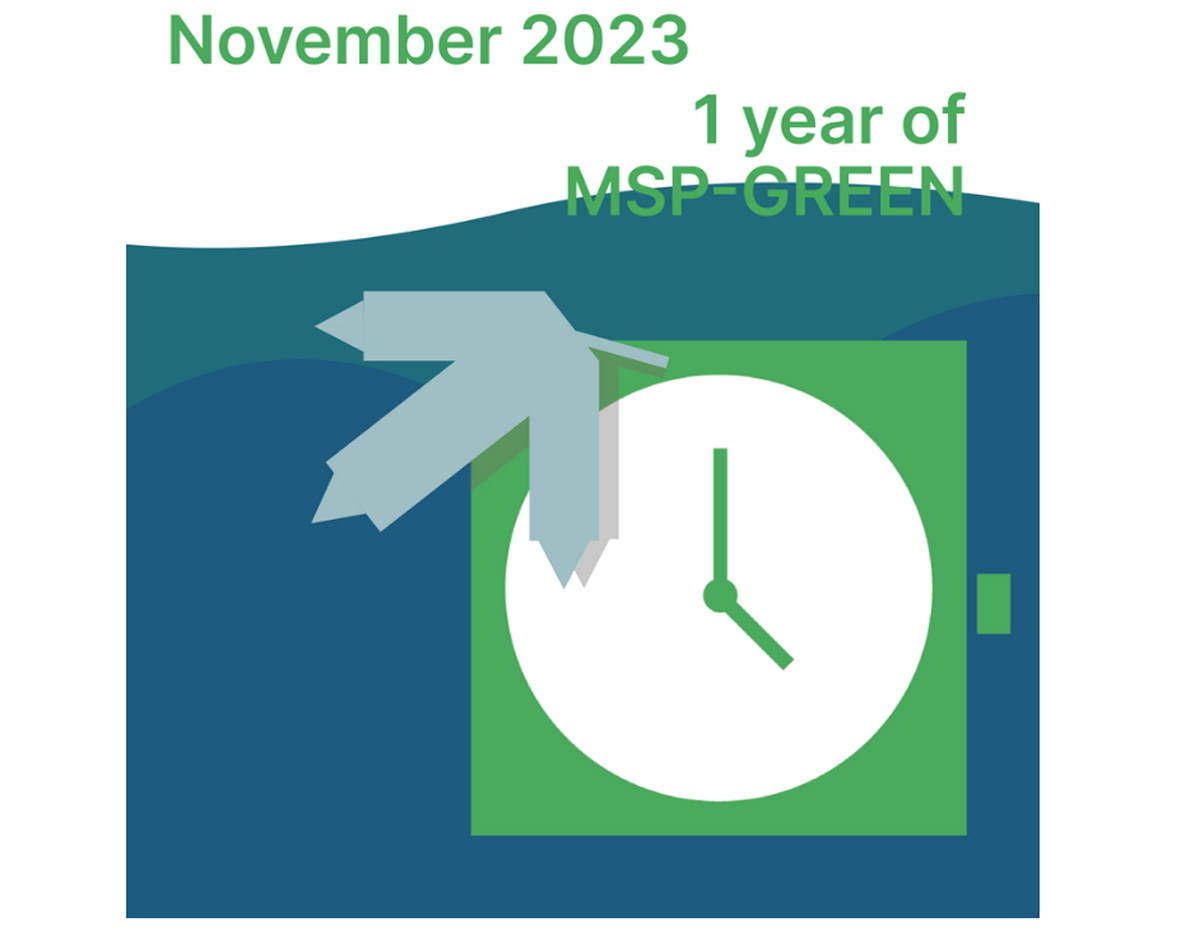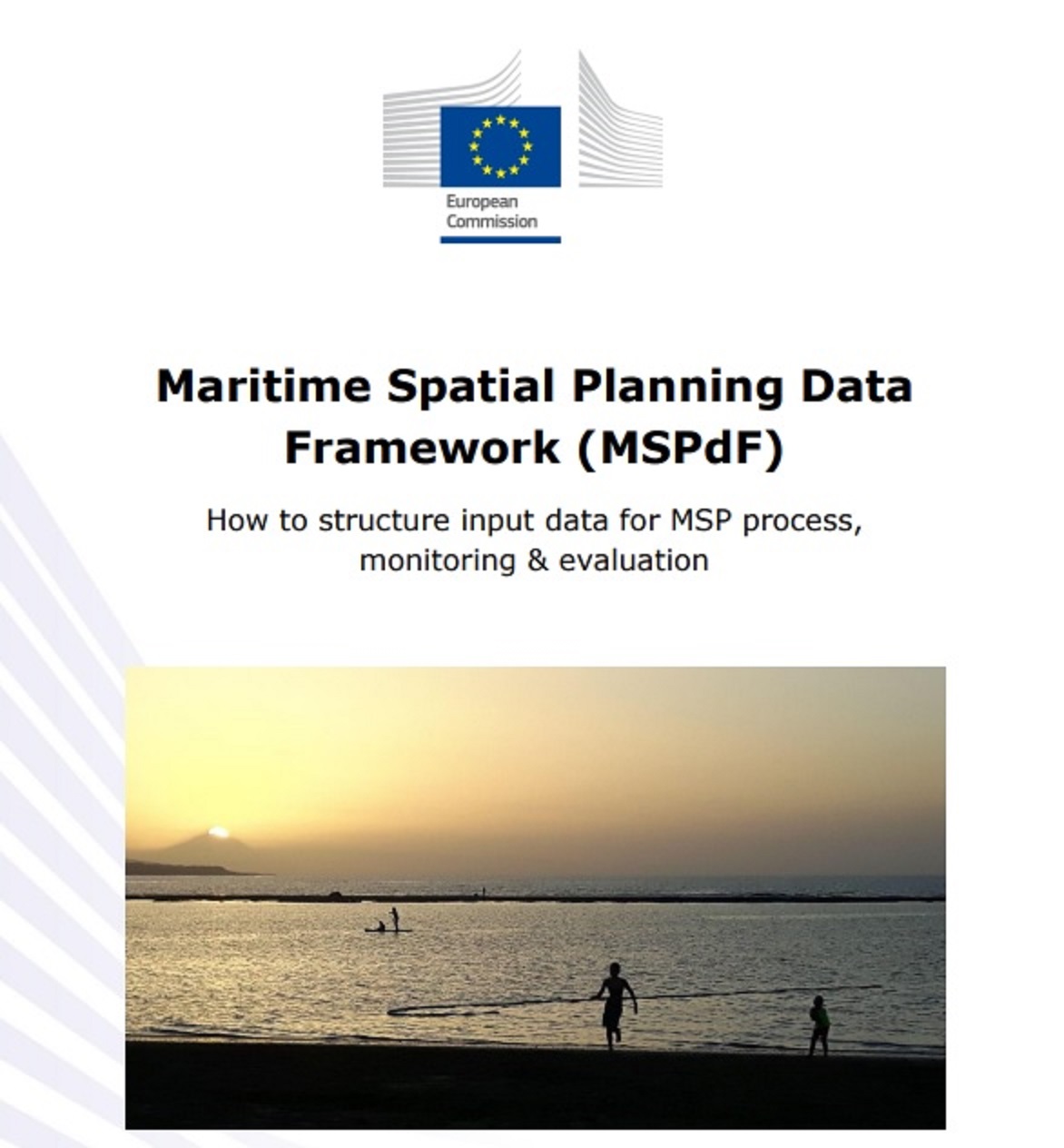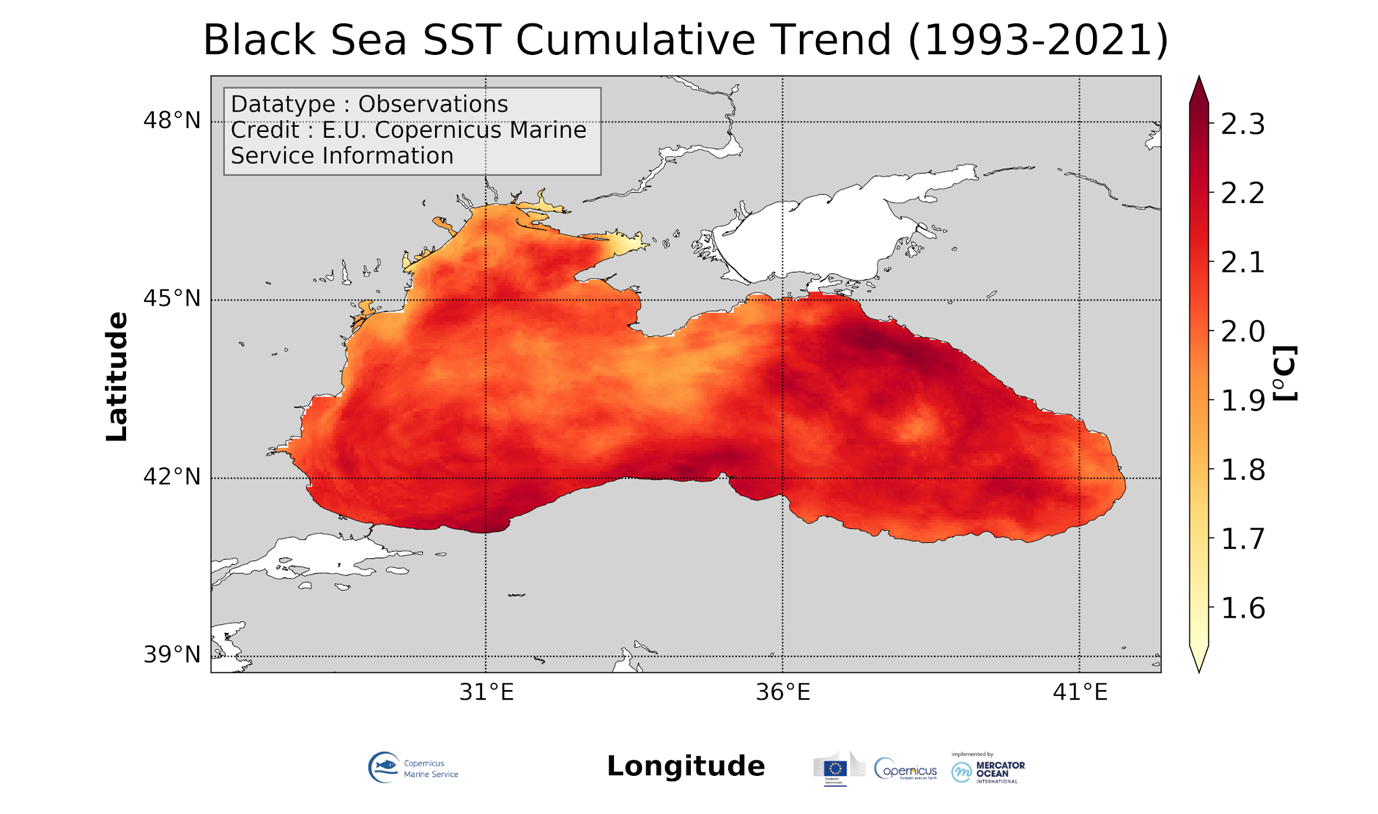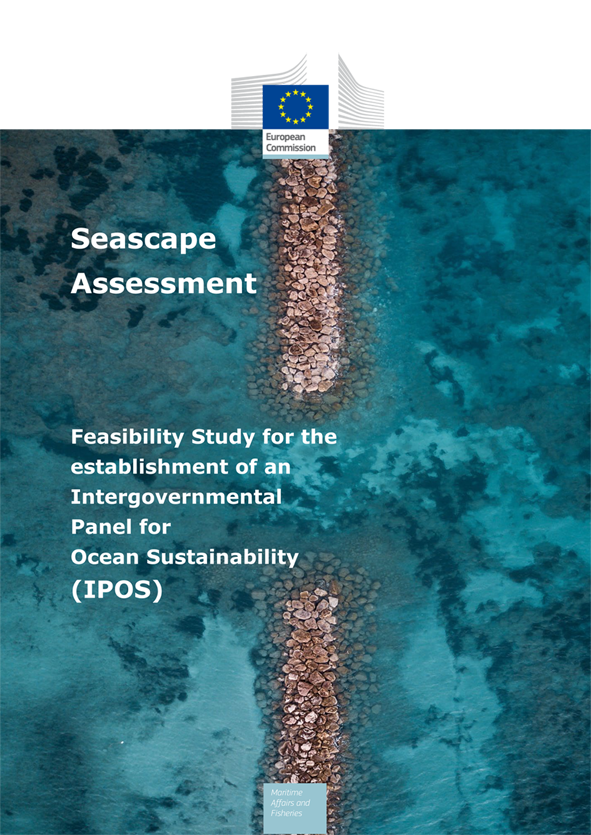News
Autumn 2023 is going to be an intensive period for MSP-GREEN

Autumn 2023 is going to be an intensive period for the EMFAF MSP-GREEN project, after the delivery of D2.1 The Green Deal component of the EU MSP Plans (Check it out in the Results page if you missed it!).
The project consortium will prepare for the Third Steering Committee and the Exchange on valuable practices Workshop to be held in November 2023.
Keep an eye on the MSP-GREEN website page for further information and updates: https://mspgreen.eu/
A new EC study published: Seascape assessment
The EU recognizes the urgency to implement transformative action towards more sustainable management of the ocean in line with SDG 14 ‘Life Below Water’ of the 2030 Agenda for Sustainable Development. A key enabling factor to achieve this is missing in the ocean arena despite the recent advances in reshaping ocean governance through the UN High Seas Treaty (BBNJ) and the Global Biodiversity Framework under the Convention on Biological Diversity. Ocean science, data and information is not being transmitted to decision-makers effectively enough or regularly enough in a format that optimally serves evidence-based policies, in contrast with the more effective science-policy processes for climate and biodiversity.
New EC publication: How to structure input data for MSP process, monitoring & evaluation

The process of Maritime Spatial Planning (MSP) requires the collection of spatial data and information related to a great variety of issues and processes. When facing the data collection task, it is necessary to answer questions such as: how can we define the marine environment or marine biodiversity? What type of data should be collected and included in the analysis for suitability zoning of economic activities, cumulative impact assessment or land-sea interactions? What are the relevant maritime and coastal uses? What type of information needs to be collected within the socio economic and governance topics?
To answer these important questions this document presents a conceptual framework proposed to be applied to identify and structure the data necessary for the development of maritime spatial plans. The MSP data framework (MSPdF) provides the structure to organise input spatial information and data that needs to be considered within the full MSP process.
Read more: New EC publication: How to structure input data for MSP process, monitoring & evaluation
Copernicus EU: Global sea surface temperature reaches a record high
Copernicus has recently announced that over the last four months, the globe as a whole has seen a long period of unusually high sea surface temperatures (SSTs). Global average SSTs remained at record high levels for the time of year throughout April, May and June 2023, a situation that has continued into July 2023, with the largest SST anomaly for any July on record.
Global average SSTs are typically at their highest in March. However, data from the Copernicus Climate Change Service (C3S) have shown that, after an initial sharp rise in early March and a slight dip during April and May, SSTs have continued to rise to reach the highest value in the C3S ERA5 dataset, 20.96°C on 31 July. This is slightly above the previous record, from March 2016, of 20.95°C. As well as daily SSTs remaining consistently above average, this year has seen the largest SST anomaly by far for any July in the dataset. At 20.89°C, the monthly average SST was on par with March 2016 as the highest for all months in the ERA5 record. It was also by far the highest on record for July, with an anomaly of 0.51°C.
Black Sea Surface Temperature cumulative trend map from Observations Reprocessing show the highest intensity among all the other European Seas

The spatial pattern of the Black Sea SST trend reveals a general warming tendency, ranging from 0.053 °C/year to 0.080 °C/year. The spatial pattern of SST trend is rather homogeneous over the whole basin. Highest values characterize the eastern basin, where the trend reaches the extreme value, while lower values are found close to the western coasts, in correspondence of main rivers inflow. The Black Sea SST trend continues to show the highest intensity among all the other European Seas.
https://data.marine.copernicus.eu/product/BLKSEA_OMI_TEMPSAL_sst_trend/description
DOI (product): https://doi.org/10.48670/moi-00218

